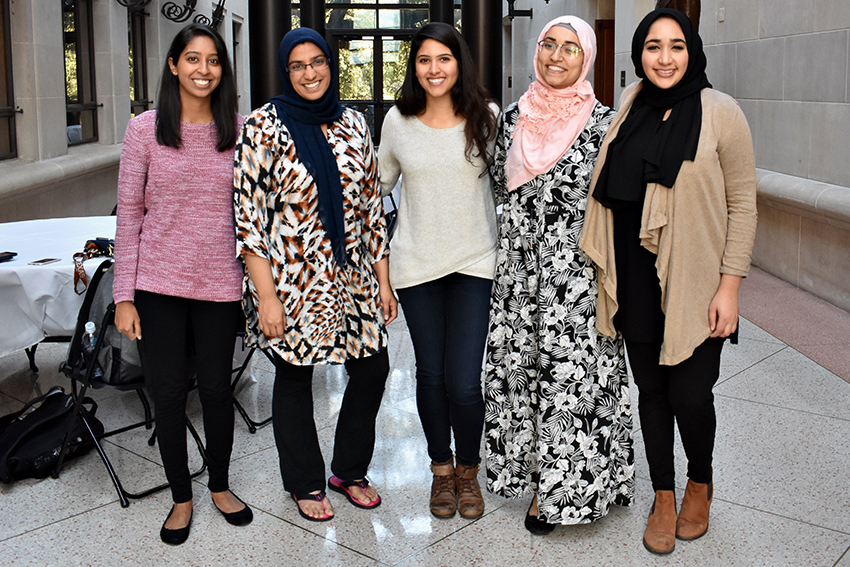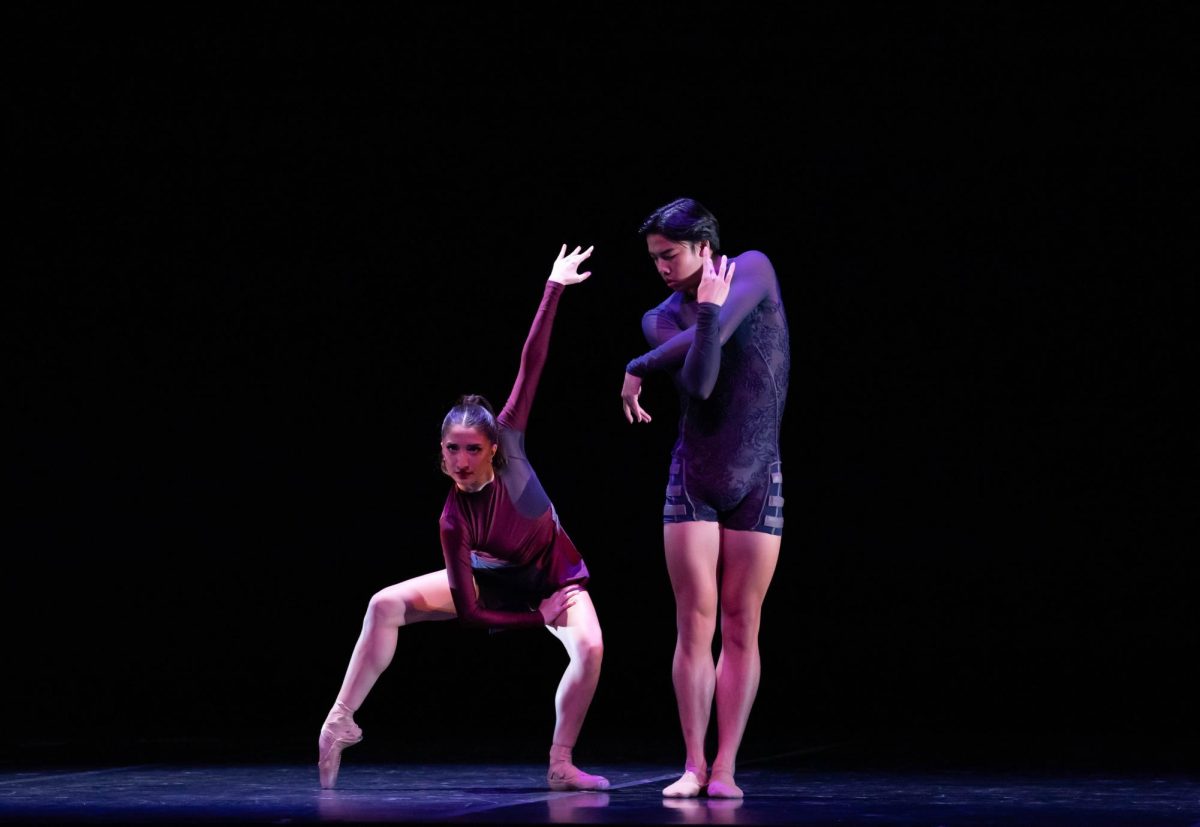When Noor Wadi is getting ready to fly, she grabs her hijab and leaves for the airport three to four hours early. She knows to be ready for additional pat-downs, uncertain looks and the possibility of missing her flight due to additional security checks.
Wadi, a law student and co-founder of the Muslim Legal Society, said she has personally experienced discriminatory security checks and noticed increased difficulty entering and exiting the U.S. with the current political climate.
This has happened so often to Wadi and her friends and family that she said it doesn’t seem out of the ordinary anymore. It’s routine.
But Wadi said that doesn’t meant it’s okay. On Nov. 2, the Muslim Legal Society will host a discussion about issues with the TSA, discriminatory delays, immigration problems and the recent travel restrictions to and from Middle Eastern countries. She said they will also focus on the civil rights interactions that are implicated when Muslim travelers are screened or questioned additionally.
“Where do our constitutional rights end and our border and airport (customs) laws begin?” Wadi said.
Saadia Hashmi, a law student and member of the Muslim Legal Society, said she hasn’t had extreme experiences on flights but still feels uncomfortable going through airports. She said she often receives uneasy looks on planes and has been chosen for random additional security checks more than is possible by chance.
“It is more just the sense that the people around you are uncomfortable,” Hashmi said. “Knowing people are scared when they see me without even knowing who I am isn’t something anybody should have to deal with.”
For the Muslim Legal Society, Wadi said this event is an opportunity to express a point of view that often goes underrepresented in coverage of the recent executive order banning travel from several
Muslim-majority countries.
Ghada Ghannam, a first year law student and member of the Muslim Legal Society, said she hopes increased awareness about attitudes toward Muslims in the current political climate will help others to step into their shoes.
“It is one of those things where you read a headline, but you don’t really feel much for it after that,” Ghannam said. “When you hear someone actually speak on the repercussions, I think it creates a better understanding of what we as Muslims have to go through.”
Wadi said the event is the first major lecture-lunch hosted by the Muslim Legal Society since it was founded last year.
Ghannam said joining this association has given her a safe space to be herself with people who share her goals. Above all, she said it is nice to have a support system of first-generation lawyers whom she can relate to in more ways than one.
“We close that gap for each other,” Ghannam said. “(It’s important) to have that space where I have people who understand (my needs), like praying five times a day and having to balance life, school, religion and culture.”
In the future, Wadi said the association plans to host events focusing on issues facing the Muslim community, such as employment laws. Ghannam said she looks forward to creating a conversation in which Muslims have their own say in the problems that affect them.
“I think it is really important to take control of the narrative, (and) allow people to learn from us rather than have (others) telling us what Muslims think,” Ghannam said. “At the end of the day, if we don’t stand up for ourselves, who will?”















